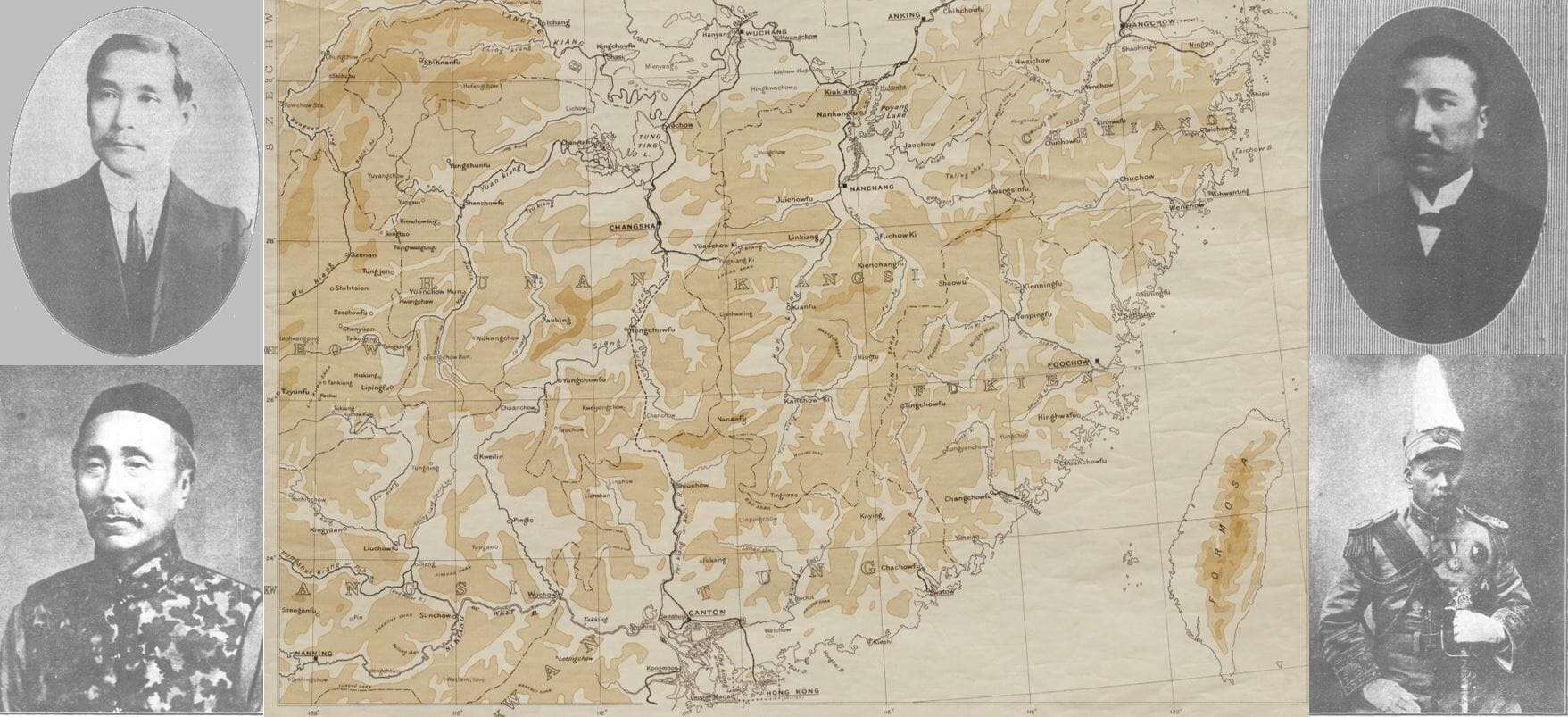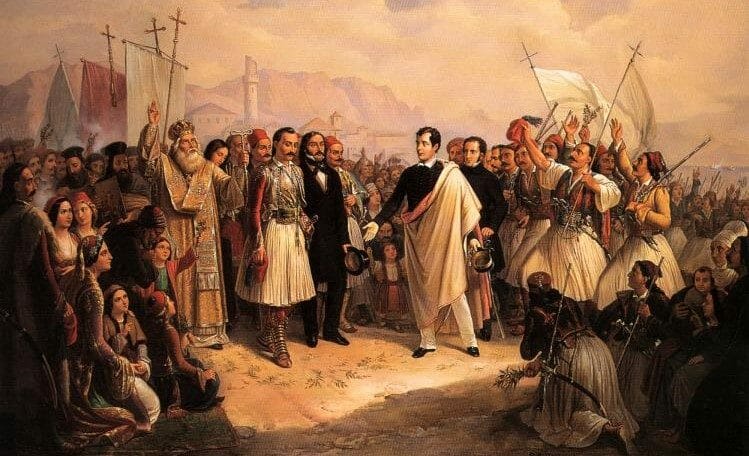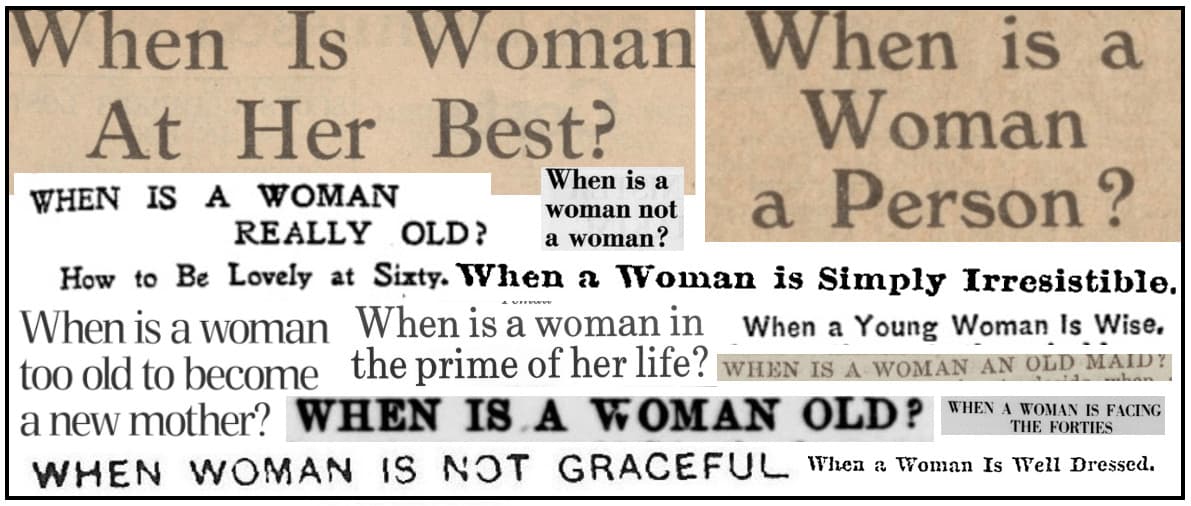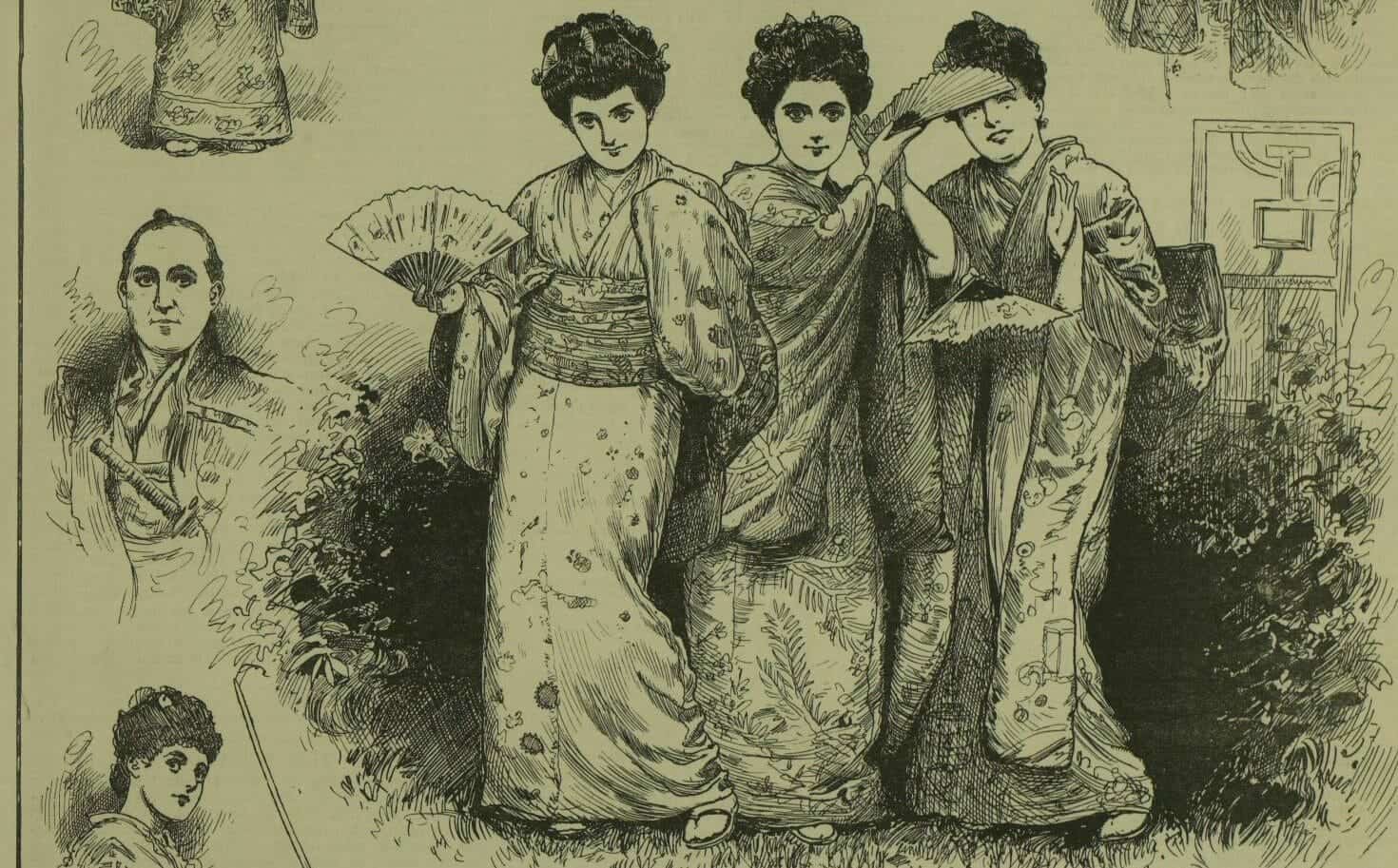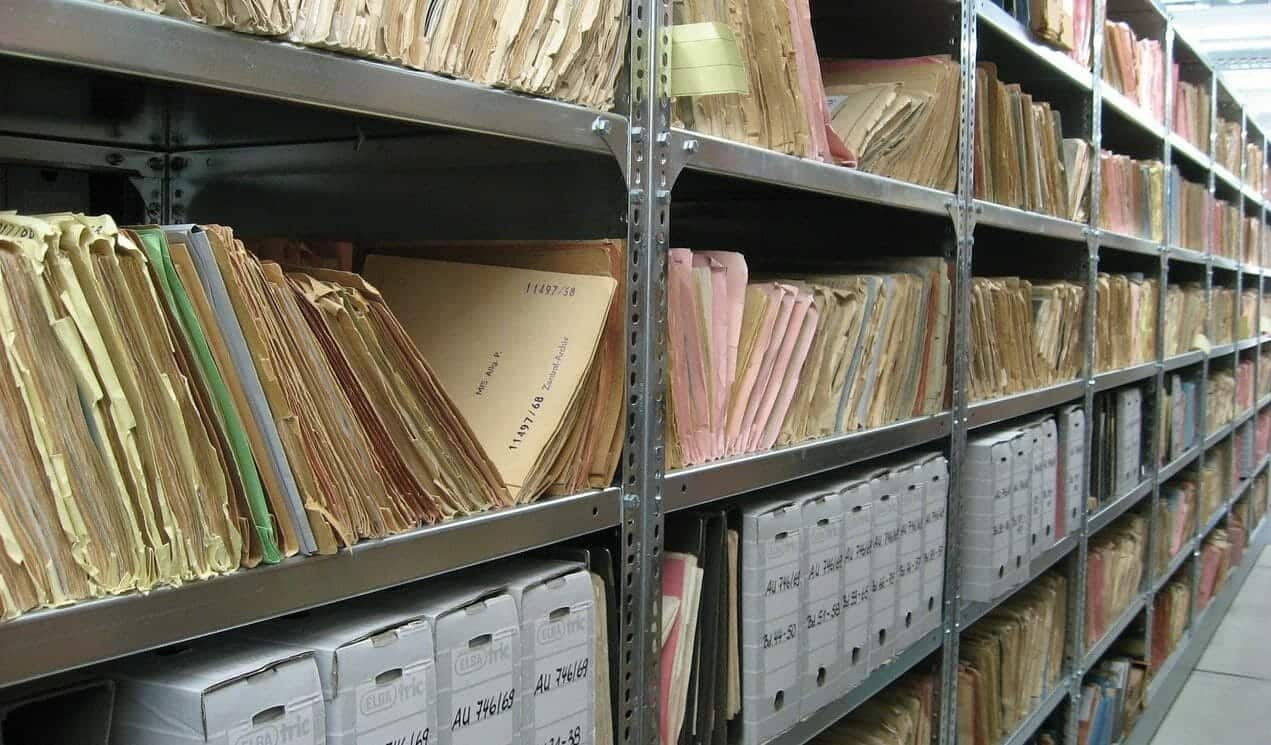│By
Clem Delany, Associate Acquisitions Editor│
Two hundred years ago, on 16th August 1819, at least
seventeen people died at St Peter’s Field, Manchester, during a peaceful
protest calling for the reform of parliamentary representation.
This year, the two hundred-year anniversary, has been marked in the UK by a wealth of newspaper articles covering ‘a tragic event of minor historical significance that happens to accord with a Marxist version of Britain’s past’ (The Times) or ‘the bloodiest event on English soil in the nineteenth century’ (The Daily Mail). The BBC, from its new headquarters in Manchester, produced ten radio programmes and performances to mark the anniversary. You can buy a Peterloo mug or a Peterloo tea towel, and around Manchester live music, poetry readings, open-air karaoke and other family-friendly events took place over the weekend.
I dug through the Gale archives to see how the event was represented at the time, and at its centennial in 1919.
Read more



